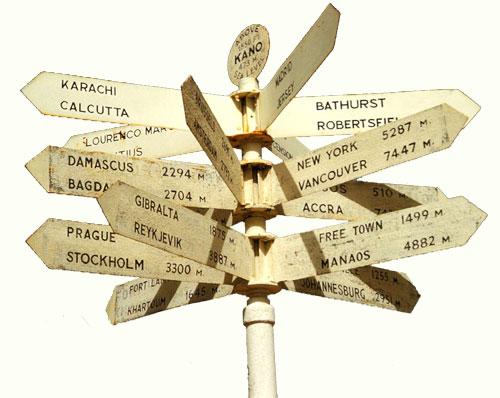by Narges Bajoghli
“The Chronicle of Her Innocence” by Bahar Behbahani at NYU Abu Dhabi
19 Washington Square North, New York, NY 10003
September 29, 2011 – January 27, 2012
“I, and only I, am responsible for what I recall and see, not individuals in the past who could not have known what effect they might have on me.” (Edward Said)
Sitting in her airy studio in Brooklyn, hair pulled back in a loose bun, and in comfortable work clothes with paint on her sleeves, Bahar Behbahani excitedly points to this line from Edward Said’s memoir, Out of Place (2000). One of two books sitting on her spotless work desk, Out of Place becomes a natural part of our conversation as we talk about memories, home, childhood, immigration, the Middle East, war, and stereotypes. “The importance of words, symbols, and signifiers to Edward Said really resonates with me,” Behbahani says as she flips through her notebook where she’s copied her favorite passages of his text. “The way he plays with words, his attention to their meanings, is what I try to do with my paintings.” For the Iranian-born artist, Said’s notions of immigration and memories resonate on a deeply personal level. Continue Reading →


